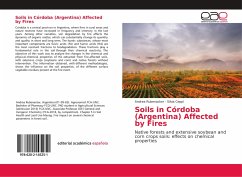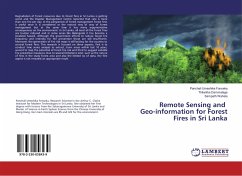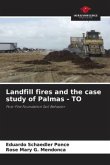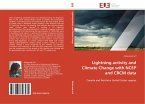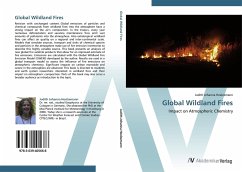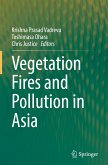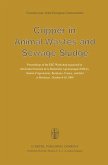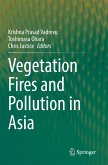Córdoba is a central province in Argentina, where fires in rural areas and nature reserves have increased in frequency and intensity in the last years. Among other variables, soil degradation by fire affects the dynamics of organic matter, which can substantially change its quantity and quality in short and long term. The humic substances, whose most important components are fulvic acids (FA) and humic acids (HA) are the most resistant fractions to biodegradation. These fractions play a fundamental role in the soil through their chemical reactivity. The objective of this work was to analyze the changes in the chemical and physical-chemical properties of HA extracted from fire-affected soils, with extensive crops (soybeans and corn) and native forests without intervention. The information obtained, with different methodologies, shows the influence on the soil properties, of the different surface vegetable residues present at the fire event.
Bitte wählen Sie Ihr Anliegen aus.
Rechnungen
Retourenschein anfordern
Bestellstatus
Storno

